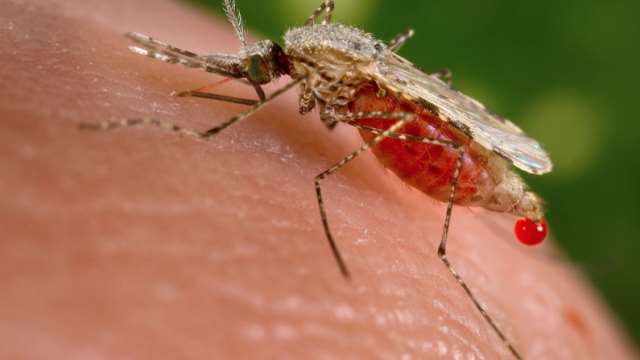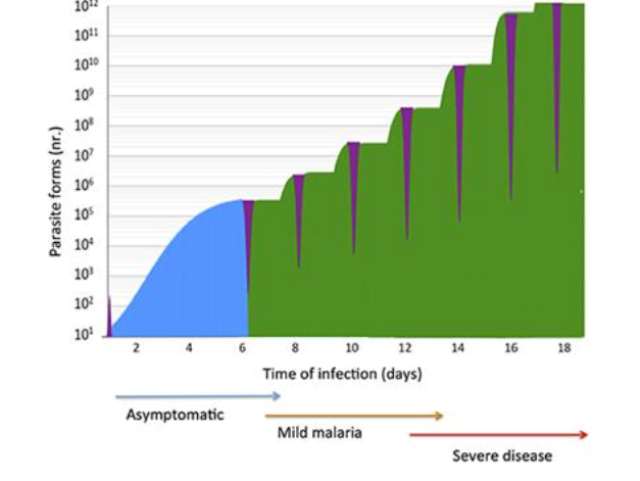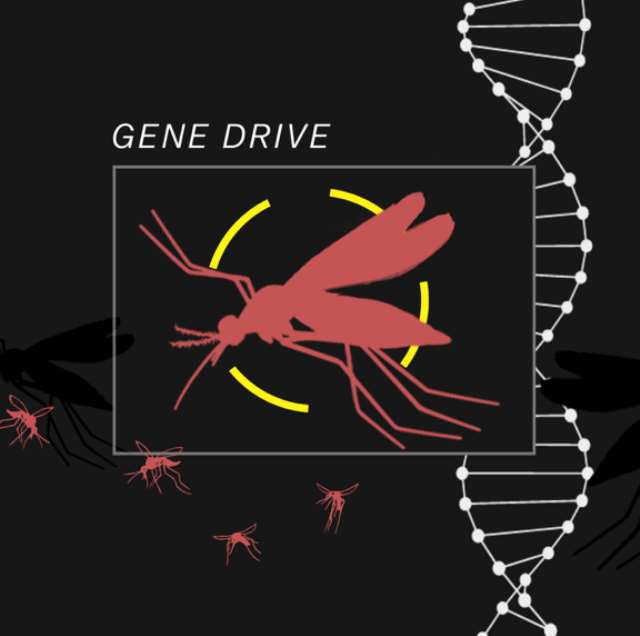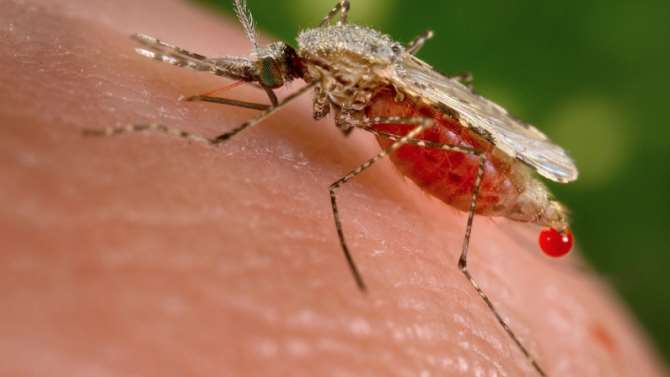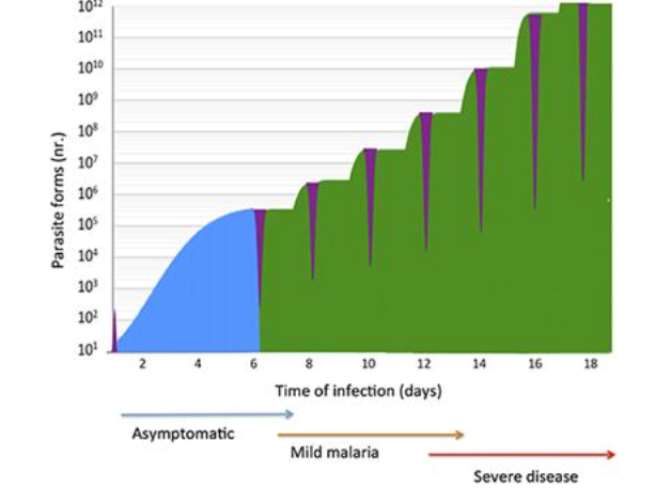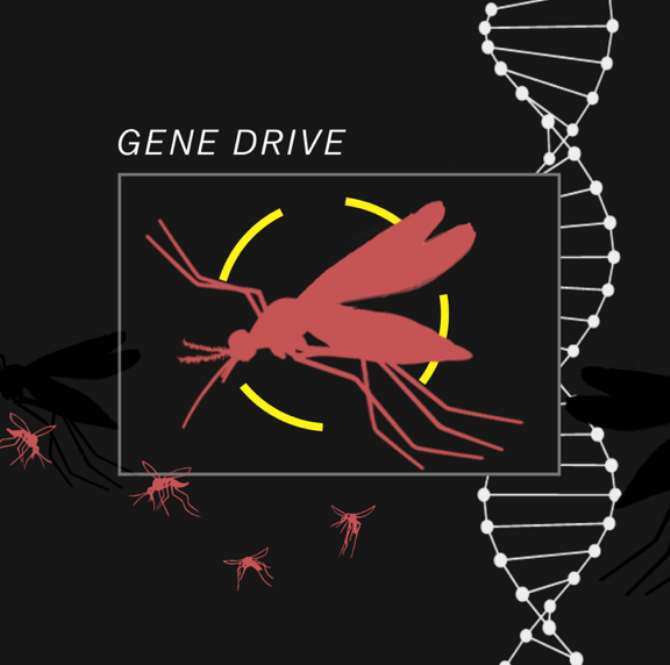Malaria Gene Drives: A Battle Of Wit Between The Government And Stakeholders
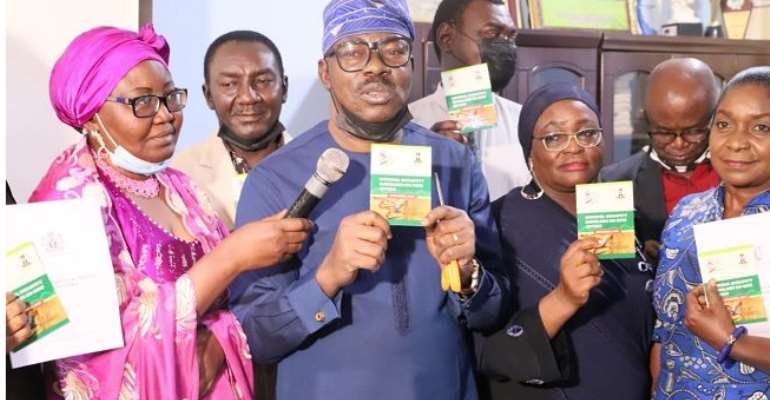
In this report, ODIMEGWU ONWUMERE examines Nigeria's progress with the malaria gene drives and discovers that some interest groups accuse the government of concealing the truth while preparing to implement the drives, but the government says it is considering the economic benefits of the technology. Meanwhile, these groups, on the other hand, are skeptical in light of Burkina Faso's experience, where female modified mosquitoes hoped to be benign bit residents to their dismay. However, scientists have discovered that the malaria parasite that is responsible for the most prevalent form of malaria shares genetic variations in continents
Through the National Biosafety Management Agency (NBMA), guidelines for gene editing, primarily in agriculture, were approved by the Nigerian Federal Government in December 2020.
As the first country in Africa, the government was praised for taking the momentous step of establishing guidelines for gene editing.
mosquitoes
The government sees science and technology as major drivers of agricultural productivity, as stated in the approved guidelines. This is due to the fact that the technology is guaranteed to be safe and won't harm the environment or human health.
Scientists and non-governmental organizations have nonetheless refused to support the use of genetically engineered bacteria to eradicate malaria-carrying mosquitoes despite the government's actions.
The reason was that a doctor from Nigeria who didn't want his name published said that gene-editing technology needs to be looked at carefully because there have been failed reports in some African countries, like Burkina Faso, where modified mosquitoes were released and people got bit by them.
He added that scientists and environmentalists debated the value of gene editing technology in 2017, even in a civilized nation like Canada. The technique would have negative effects, as agreed upon by both sides.
Frontiers-Genetics of Malaria Inflammatory Responses
Despite the concerns, Rufus Ebegba, deputy director of the West African Integrated Vector Management Programme and director of the National Biosafety Management Agency of Nigeria, NBMA, stated that the National Guidelines on Regulation of Gene Editing needed to be reviewed and the policy for gene-based vector control methods like transgenic mosquitoes needed to be developed more quickly.
According to the agency's head, the goal of these guidelines was not to stop technology, but rather to see how it could be used to help the government and improve Nigeria's economy. However, the NGOs issued a caution against introducing transgenic mosquitoes and other unlawful technologies.
The evidence shows that these effects are still up for debate, and it seems reasonable that people who are personally affected and observers might have different perspectives.
It would also make it harder for scientists to participate in UN negotiations, which are currently the only way to get a global perspective on the effects of technology.
In 2020, as many as 175 civil society organizations (CSOs) around the world raised concerns about the plan to release genetically modified mosquitoes in Nigeria, claiming that the country is about to be used as a guinea pig, putting people at risk. The agenda is still being promoted by the government. The CSOs say that research done in Brazil and Burkina Faso showed how vulnerable the transgenic mosquito is.
Experts asserted that the accidental release of female mosquitoes that bit Burkina Fasoans during the experiments put the community in danger and was a factor in this release's failure. The community members admitted that they were not sufficiently informed about the project or the potential dangers it posed.
It was noted that the situation was comparable to that of Nigeria, where the well-known risk assessment of genetically modified crops was neither made available to the general public nor the subject of open and honest consultation. Both genetically modified cowpea and cotton have been approved for commercial release in Nigeria.
"We have no confidence that the situation with the transgenic mosquitoes will be different or that requirements for liability and redress will be enforced," the CSOs declared.
GMO mosquitoes
Nigeria's biosafety law was updated in 2019 to include definitions for extreme technologies like gene drives, allowing their use. But fingers have been raised that this review was quickly proposed and approved, despite strong objections from groups like the Health of Mother Earth Foundation (HOMEF.)
Calls have been made over the years to review the law in order to close fundamental gaps that prevent it from serving the interests of the people. Nnimmo Bassey, Director of the HOMEF, Nigeria, one of the CSOs that signed the document, looked at Ebegba's "regulatory pathways for the control of genetically modified mosquitoes" as a way to make it easier for international proponents of gene-editing for the risky expertise.
Checks revealed that the part that caused the most confusion was the fact that scientists discovered that the malaria parasite that is responsible for the most common form of malaria shares the same genetic variations even though the organisms are separated by continents. Concerning how to bring the technology to market, stakeholders and authorities in Nigeria have frequently disagreed.
Despite the proposed war against malaria and the contentious technology for spreading genes throughout a population of animals, researchers claim to have successfully entrusted mosquitoes with genes that should render them immune to the malaria parasite and prevent them from spreading it.
However, given that scientists have also expressed concerns about the possibility of drug-resistant mutations spreading globally as a result of the most recent discovery, efforts to eradicate the disease globally would be fraught with complications.
A survey found that on Malaria Day in this year's April, Nigeria has lost N646 billion annually and recorded 200,000 deaths. This is frightening.
Even though the researchers promote their malaria-eradication innovations in far-flung nations like Imperial College London and the Johns Hopkins Malaria Research Institute in the United States, their research has less of an impact on the media than it does on human society. In contrast to the 2012, when Hopkins Malaria Research Institute in the United States made its gene editing known, Imperial College London made their inventions public on September 22, 2022.
Though, the World Health Organization (WHO) states that 95% to 96% of malaria-related deaths worldwide occur in Africa. Children under the age of five account for 80% of malaria-related deaths in the region.
Experts aim to create a model that, for the first time, can track the progression of such changes. It is evident that the entire gene editing industry is focused on Africa.
- Odimegwu Onwumere writes from Rivers state via: [email protected]
